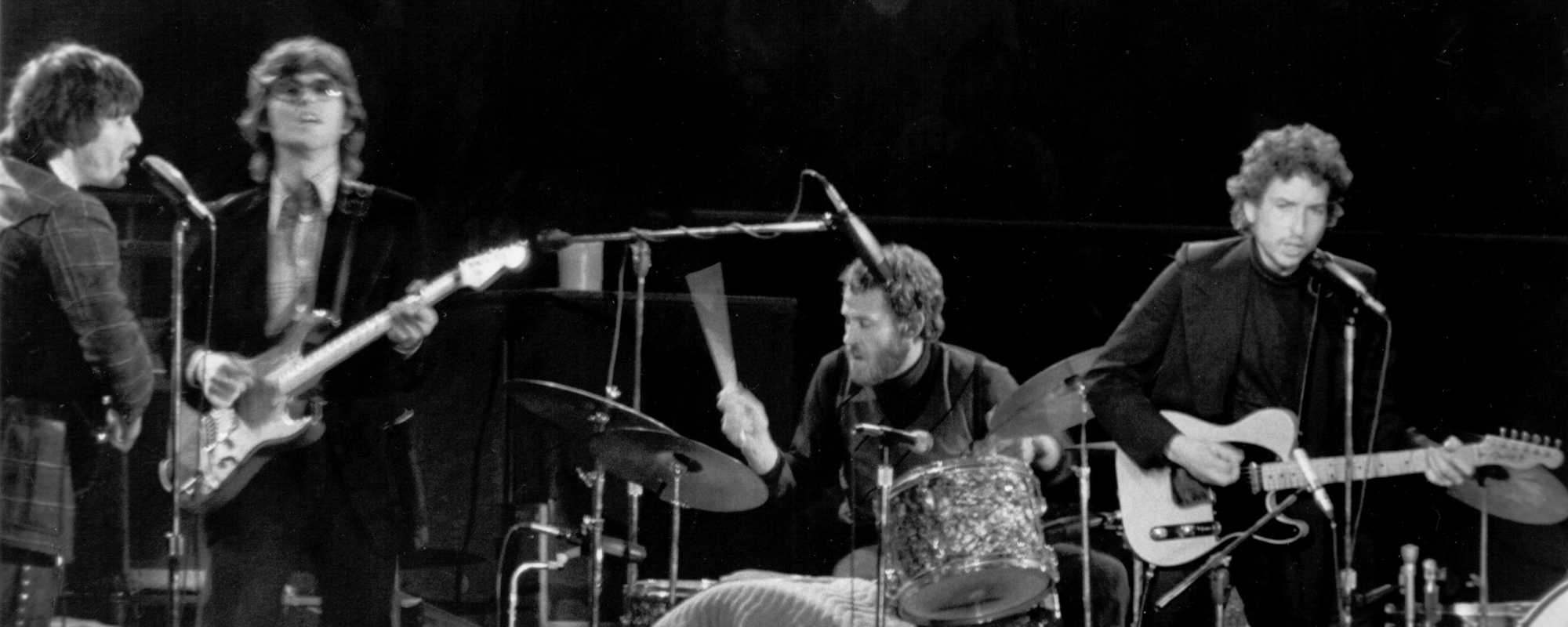There are plenty of timeless hooks from the 1990s.
Videos by American Songwriter
You could pick several songs by Nirvana, Weezer, The Smashing Pumpkins, and Oasis to represent the decade in one lyric.
Here we are now, entertain us.
What’s with these homies dissin’ my girl?
Despite all my rage, I am still just a rat in a cage.
I said maybe you’re gonna be the one that saves me.
But Soul Asylum condensed so much about the ’90s in their song “Misery.” And singer Dave Pirner only needed two words to do it. Released as the first single from Soul Asylum’s seventh studio album Let Your Dim Light Shine, “Misery” describes how the mood of a generation was captured and marketed.
While many young people were depressed by a lack of economic prospects, large corporations cashed in on the glum. Dreary and sullen became products to sell back to the people. All companies had to do was convince consumers to buy what they already felt.
Something to Sell
The ’90s alt-rock bands weren’t happy being rock stars. Nirvana recorded a song called “I Hate Myself and I Want to Die,” and Kurt Cobain eventually took his own life in 1994. Soon, tragedy followed many of his fellow Seattle musicians.
Sadness and depression became as much a feature of these bands as flannel shirts, long johns, or Eddie Vedder’s brown corduroy jacket. Meanwhile, companies turned thrift store apparel into couture, and angst became a commodity.
We could build a factory
And make misery
We’ll create the cure
We made the disease
In his song, Pirner critiques how record labels and marketing firms sold “misery” to the masses. Sad bands dominated MTV, but the gloom also appeared in fashion magazines, nationwide malls, and even soap operas.
Put me out of my misery
All you suicide kings and you drama queens
Forever after happily, making misery
Being miserable may have been fashionable in America. But Britpop reacted against the melancholy. Blur’s Damon Albarn told the NME in 1993, “If punk was about getting rid of hippies, then I’m getting rid of grunge!”
Also, Noel Gallagher wrote the Oasis single “Live Forever” in response to Cobain’s “I Hate Myself and I Want to Die.” While American rock bands celebrated communal despair, the British acts gave their fans an escape from working-class hardship.
Major Label Breakthrough
Soul Asylum co-produced Let Your Dim Light Shine (1995) with Butch Vig. Vig became a star producer by guiding touchstone albums like Nirvana’s Nevermind and The Smashing Pumpkins’ Siamese Dream.
Formed in 1981, Soul Asylum signed with Twin/Tone Records, the first home to fellow Minneapolis legends The Replacements. But the band struggled to gain traction for more than a decade before releasing their breakthrough album, Grave Dancers Union, on Columbia Records.
Supported by hits like “Somebody to Shove,” “Black Gold,” and “Runaway Train,” the album reached No. 11 on the Billboard 200. But its follow-up, Let Your Dim Light Shine, wasn’t as successful. Though “Misery” remains a defining song for the band.
‘Reality Bites’
Meanwhile, Pirner appeared in the 1994 Gen X rom-com Reality Bites. Directed by Ben Stiller, Reality Bites follows a group of disillusioned young adults in the 1990s. Though the Lisa Loeb song “Stay (I Miss You)” became the film’s lead single, the roles portrayed by Ethan Hawke and Winona Ryder better fit the vibe of Pirner’s song.
Hawke’s character, Troy Dyer, offers a prevailing mood of the time: “There’s no point to any of this. It’s all just a, a random lottery of meaningless tragedy and a series of near escapes. So I take pleasure in the details. You know … a Quarter Pounder with cheese, those are good, the sky about 10 minutes before it starts to rain, the moment where your laughter becomes a cackle. And I, I sit back and I smoke my Camel Straights and I ride my own melt.”
Frustrated Incorporated
Photo by Gie Knaeps/Getty Images











Leave a Reply
Only members can comment. Become a member. Already a member? Log in.